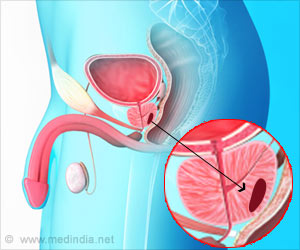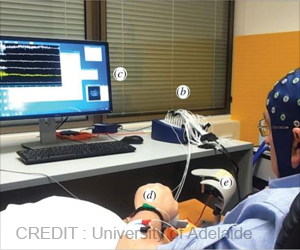The new study investigated changes in sleep and biological rhythms during the peripartum period and identified several variables that are linked to depression and anxiety.
Most notably, changes in the circadian quotient (the strength of the circadian rhythms), the average amount of activity during night-time rest, and the amount of fragmentation of night-time rest were strongly linked to higher depressive and anxiety symptoms.
Given the findings, future efforts should be made to standardize evidence-based interventions targeting these biological rhythms variables identified either as treatment or prevention strategies.
Researchers recruited 100 women, 73 of whom they followed from the start of the third trimester to three months postpartum.
They analyzed subjective and objective measures of sleep, biological rhythms, melatonin levels, and light exposure using a variety of tools, including questionnaires, actigraph (wearable sleep monitors), laboratory assays, and other methods.
Interestingly, the findings indicate that certain biological rhythms variables may be important to depressive symptoms at specific points along the peripartum timeline.
Higher fragmentation of night-time rest was linked to a decrease in depressive symptoms at six to 12 weeks postpartum, a period that tends to coincide with a higher risk of developing postpartum depression.
Source: Medindia



